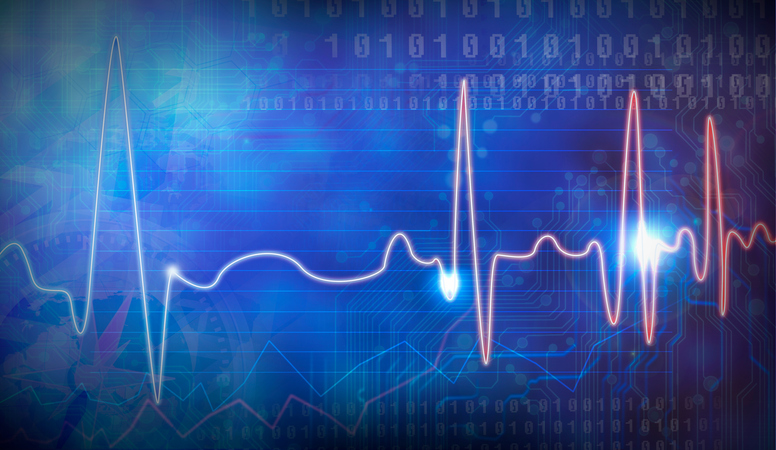A 35 year-old man who has been “awake but unresponsive” [1] for 15 years, has showed signs of regaining consciousness following electrical vagus nerve stimulation. An article on this case was published in the “Current Biology” journal. It was written by 11 scientists from Lyon under the direction of Angela Sirigu[2]. This study “had already been widely discussed within the specialist medical and scientific community”.
The Lyon teams planted an electrode in the patient’s neck to stimulate the left vagus nerve[3]. This technique is already used to treat epilepsy and depression. This electrode, “which is connected under the skin to an electrical impulse generator implanted under the clavicle” was stimulated, day and night, in thirty-second cycles, followed by a five-minute pause. The intensity applied was gradually increased but results were not immediate. However, after one month, “the patient followed an object with his eyes and complied with simple commands“. Furthermore, “brain activity recordings revealed significant changes“, namely the specific characteristics of a state of minimal consciousness and an increase in metabolic brain activity.
“According to the old dogma, there is no chance of improvement in patients who are severely brain damaged for more than one year. But this dogma is wrong, as confirmed by this study. The plasticity of the brain and its ability to remodel and adapt, is sometimes surprising”. According to Professor Steven Laureys, “one of the world-leading experts in this field“, “it is a promising surgical procedure“.
At the same time, this medical advance raises many questions: “What prognosis can be given to a patient whose state of consciousness is severely impaired? How reliable is that diagnosis? What treatment is available to him/her?” Can vagus nerve stimulation” sustainably improve cerebral plasticity, even when stimulation is stopped? What type of patient could benefit from this?” In France, 1,500 patients are affected including Vincent Lambert.
“Cerebral plasticity and repair are still possible even if hopes have faded“, explained Angela Sirigu. In order “to have a better understanding of the fascinating capacity of the human mind to produce a conscience experience” and confirm this initial result, she is currently planning to carry out “an extensive collaborative study“.
Note from Gènéthique: what is meant by a chronic vegetative state and a minimally conscious state
[1] Still known as “vegetative state”: a person who is awake but unresponsive “has no personal or environmental awareness. He/she is awake and breathes spontaneously but his/her reactions to stimulations (pain, acoustic, visual, etc.) are purely vegetative, transmitted by the autonomous nervous system (acceleration of the heart, respiration, a tear, etc.) and the only movements observed are reflexes”.
[2] Institut des Sciences Cognitives Marc Jeannerod (Institute of Cognitive Sciences), UMR5229, Centre CNRS, Université Claude Bernard, Hospices civils de Lyon.
[3] This nerve connects the brain to many organs. It plays an important role in consciousness and vigilance.
Le Monde, Florence Rosier (25/09/2017); Le quotidien du médecin, Dr Véronique Nguyen (25/09/2017); Jean-Yves Nau (25/09/2017)

